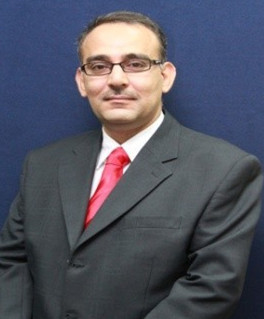Abstract—Energy demands across the globe are significantly increasing on a day to day basis. With so many issues regarding technological policies, greenhouse gases, fuel prices, and day to day accessibility to fuel types, we are left with very few solutions to recover energy, and even use it. Practical solutions include the likes of renewable energy and alternate fuel. Renewable energy spans across using solar, wind, and water kinematics majorly for our energy and electrical consumption. Energy generation methods like alternative fueling, suggests the use of biomass to create biodiesel, bioethanol, and electricity as the sustainable substitute to our transportation needs. While these sources of energy and fuel are useful substitutes currently, they are not efficient enough to completely rule out gasoline and generated electricity, especially in financial markets. Ethanol and biodiesel both require land to grow crops, and must go through hurdles within government policy to avoid politics involving limiting food sources in countries. Without a doubt, we are in a competitive race to determine the planet’s next generation energy solutions and fueling sources. This paper analyzes the literature currently available on research relevant to food waste’s utilization as an energy generating feedstock, along with the environmental and economic impacts it could have as a feasible solution.
Index Terms—Food waste, green alternatives, biofuel, energy generation, sustainable technology.
Marcus Herndon is with Florida International University, USA (e-mail: mhern544@fiu.edu).
[PDF]
Cite:M. Herndon, "Food Waste Utilization as a Viable, Alternative Energy Generating Feedstock (Review)," Journal of Clean Energy Technologies vol. 6, no. 3, pp. 197-203, 2018.


